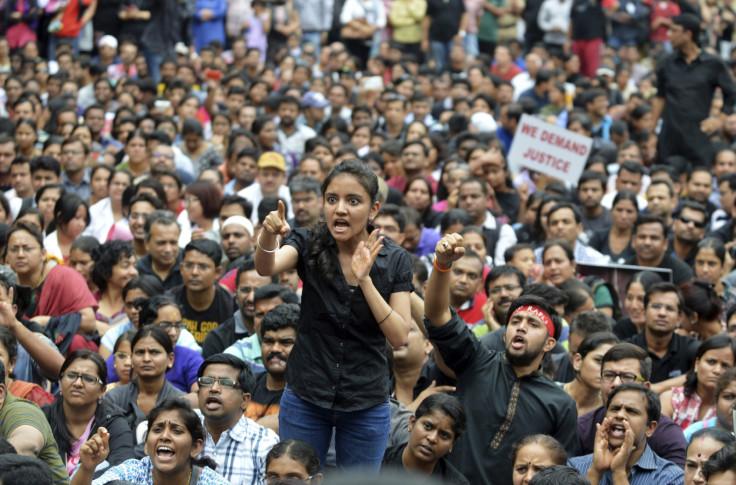Indian nun gang-raped by bandits in West Bengal convent school attack
Elderly nun in West Bengal state's Nadia district in a serious condition

A nun in her 70s has been gang-raped by robbers in West Bengal state's Nadia district.
The incident took place on Saturday (14 March) at the Convent of Jesus and Mary School in eastern India. Initial reports say between 5-12 attackers forced their way into the premises.
The bandits ransacked classrooms and the principal's office, stealing school property, including a mobile phone, laptop and money.
Three other nuns were assaulted during the invasion.
"A preliminary investigation has revealed that a nun at the school was gagged and gang-raped. Two people have so far been arrested," said Police Inspector General Anuj Sharma.
West Bengal's Chief Minister, Mamta Banerjee said: "We strongly condemn the incident that took place at the Ranaghat Convent. CID [Criminal Investigation Division] will be examining all aspects to this horrific crime. Swift, strongest action to be taken."
India is increasingly being perceived as a dangerous place for women, following the gang-rape and murder of a 23-year-old physiotherapy student, nicknamed "Damini", on a bus in New Delhi in 2012.
The case sparked nationwide protests and was a catalyst towards major reforms of the country's rape laws, speedier trials and harsher punishments. But in the first two months of 2015 alone, Delhi police registered 300 reports of rape and 500 reports of molestation.
With little faith in the authorities of the world's largest democracy, people have started to take the law into their own hands by forming lynch mobs.
This week video of showing 18-year-old Ibo Cha being beaten to death in front of hundreds of onlookers was released. Cha had been accused of raping and murdering an 11-year-old girl. In a separate attack last week, around 4,000 outraged Indians overwhelmed security in the city of Dimapur, extracted an alleged rapist and killed him as a crowd looked on.
This week also saw the Indian government banning India's Daughter – a documentary featuring interviews of Damini's rapists – from being shown in the country. The government also attempted to prevent the film being shown on YouTube.
© Copyright IBTimes 2025. All rights reserved.






















